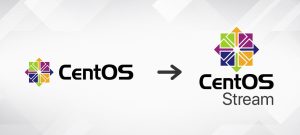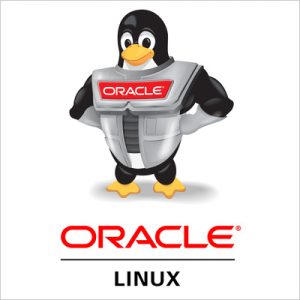Top 8 Linux Distributions
Linux is a popular and widely used operating system for servers, with a range of distributions to choose from based on specific needs and requirements. In this article, we will take a look at the top 8 Linux distributions for servers in 2023, based on their popularity, stability, security, and support for server deployment.
Ubuntu Server:

Ubuntu Server is a popular and user-friendly distribution that is known for its ease of use, good support for cloud and container deployments, and large repository of packages. It is also a popular choice for web servers, database servers, and virtualization. Ubuntu Server is updated every six months, and Long-Term Support (LTS) releases are available every two years, providing stable and well-supported releases for up to five years. For more info visit Ubuntu Server website.
CentOS:

CentOS is a free and open-source community-driven distribution based on Red Hat Enterprise Linux. It is a popular choice for servers due to its stability, security, and compatibility with Red Hat Enterprise Linux. CentOS is designed to be a stable, predictable, and reproducible platform, and is updated on a regular basis with security patches and bug fixes. For more info visit CentOS website.
Debian:

Debian is a stable and well-supported distribution with a large repository of packages, making it a popular choice for servers, especially for web and database servers. It is known for its stability, security, and compatibility with a wide range of hardware and software. Debian is also a popular choice for cloud and virtualization deployments, with good support for containers and virtualization technologies. For more info visit Debain website.
Fedora Server:

Fedora Server is a cutting-edge distribution that offers the latest technology and tools, making it a popular choice for developers and tech-savvy users. Fedora Server is designed to be a platform for innovation, with a focus on the latest software and technologies. It is updated every six months, with Long-Term Support (LTS) releases available every two years. For more info visit Fedora Server website.
SUSE Linux Enterprise Server:

SUSE Linux Enterprise Server is a versatile and secure distribution with support for multiple platforms, including cloud and container deployments. It is known for its stability, security, and support for mission-critical workloads, making it a popular choice for enterprise servers. SUSE Linux Enterprise Server is updated on a regular basis with security patches and bug fixes, and offers a range of management and deployment tools. For more info visit SUSE Linux Enterprise Server website.
Red Hat Enterprise Linux:

Red Hat Enterprise Linux is a leading enterprise-level distribution known for its stability, security, and support. It is a popular choice for mission-critical workloads, such as databases, applications, and virtualization, and is widely used in large enterprises and data centers. Red Hat Enterprise Linux is updated on a regular basis with security patches and bug fixes, and offers a range of management and deployment tools. For more info visit Red Hat Enterprise Linux website.
CentOS Stream:

CentOS Stream is a rolling-release distribution that provides a bleeding-edge development platform, making it a popular choice for developers and tech-savvy users. It is based on the development version of Red Hat Enterprise Linux, and is updated on a regular basis with the latest software and technologies. CentOS Stream is designed to be a platform for innovation and experimentation, and is not recommended for production use. For more info visit CentOS Stream website.
Oracle Linux:

Oracle Linux is a secure and reliable distribution optimized for running Oracle workloads, making it a popular choice for databases and applications. It is based on the open-source version of Red Hat Enterprise Linux, and is updated on a regular basis with security patches and bug fixes. Oracle Linux offers a range of management and deployment tools, and is widely used in large enterprises and data centers. For more info visit Oracle Linux website.
Note: The ranking is based on popularity, stability, security, and support for server deployment, and may vary depending on the specific needs and use case of the organization.
 Previous Post
Previous Post Next Post
Next Post